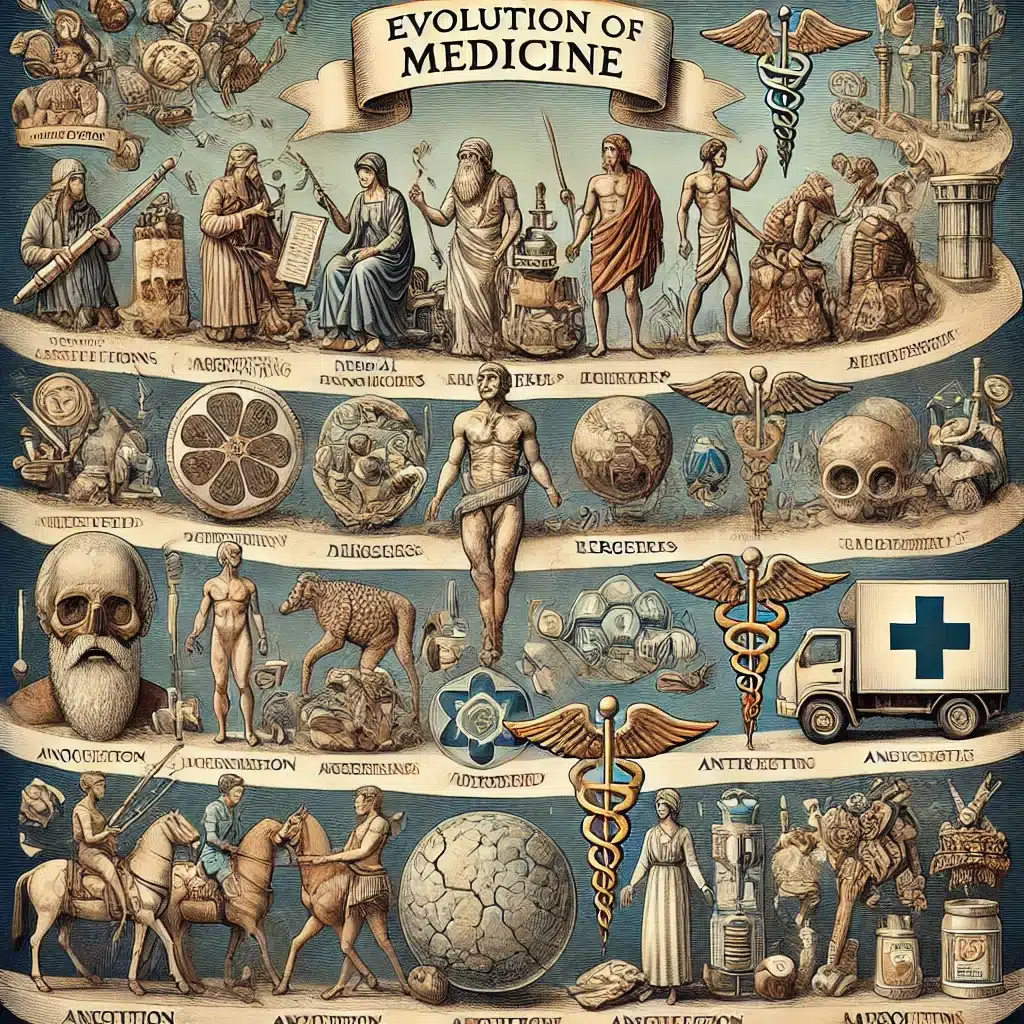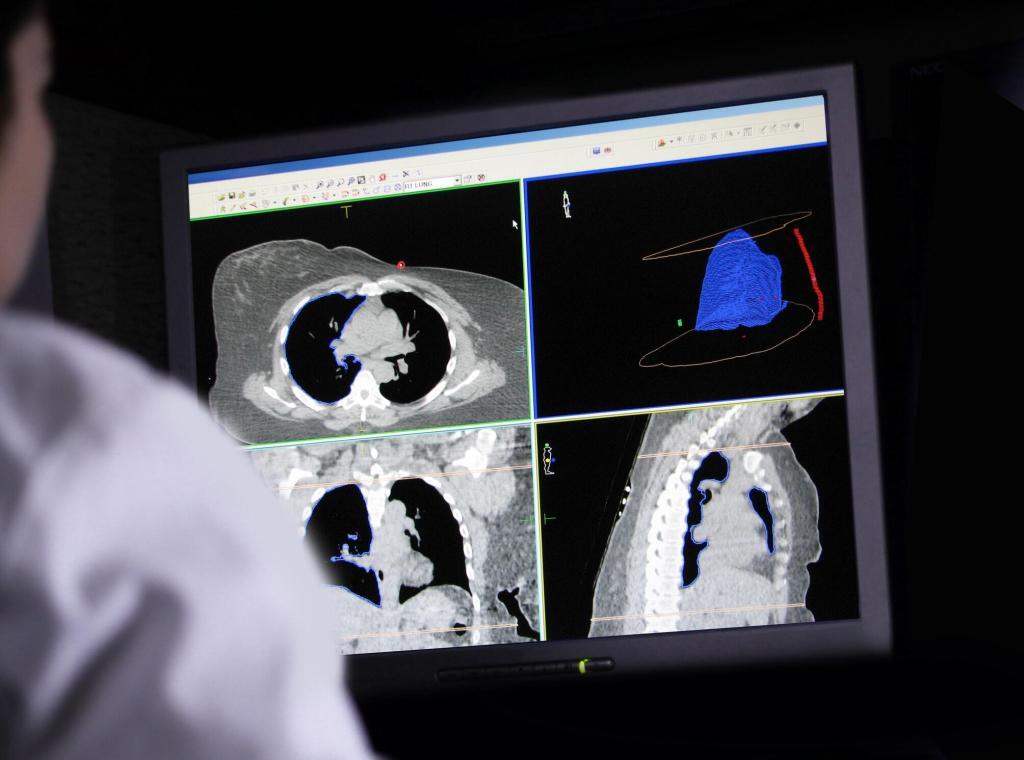An atrial septal defect (ASD) is a small hole in the wall between the two upper chambers of the heart. It is a congenital disorder that is present at birth, although symptoms might not manifest until much later in life. Some children are diagnosed early in life, while others are not diagnosed until they are adults, when the long-term consequences of abnormal blood flow start to manifest. Being aware of the symptoms that may manifest in older patients and when to contact a doctor can contribute to the early assessment and life-saving treatment.
Why Atrial Septal Defects Are Sometimes Missed
Smaller ASDs can remain unnoticed in childhood because they may not cause obvious problems. Paediatric check-ups may not always detect a murmur or other subtle changes, particularly if the defect is minor and blood flow is only mildly affected. Over time, however, the extra workload placed on the heart and lungs can gradually lead to symptoms that emerge in adulthood. These delayed effects are why some individuals only learn of the condition later in life.
Fatigue and Reduced Exercise Tolerance
Adults with an ASD commonly complain of unusual fatigue, even following mild exercise. This is because ASDs allow oxygen-rich blood to mix with oxygen-poor blood, which decreases the efficiency of circulation. As a result, tissue and muscle are not getting oxygen the way they are supposed to, which results in reduced stamina. An individual might find that tasks that were previously done easily, like brisk walking or light exercise, are more tiring than usual.
Shortness of Breath
Another typical symptom is breathlessness. In more severe cases, adults might have trouble breathing during exertion or even at rest. The problem is rooted in the excessive amount of blood flowing to the lungs, which puts pressure on the pulmonary system. This not only complicates breathing but also exerts extra stress on the right side of the heart.
Frequent Respiratory Infections
Repeated chest infections occur in some adults with an atrial septal defect. The excessive blood flow to the lungs may add to the congestion and increase the risk of infections. Although occasional colds and respiratory diseases are normal, recurrent or unusually serious infections can be subject to further investigation by a healthcare professional.
Heart Rhythm Irregularities
In some cases, the adults with undiagnosed ASDs have palpitations, fluttering, or irregular beats. With time, the heart becomes larger with increased strain, and electrical conduction can be disturbed, causing atrial arrhythmias like atrial fibrillation. Such rhythm alterations not only make the person uncomfortable but also make them prone to complications such as stroke when they are not managed.
Swelling in Lower Limbs
In severe cases, the accumulation of fluid in the ankles, feet, or legs may be seen as the right side of the heart is unable to handle the extra workload. This is swelling, referred to as oedema, which may indicate that the condition has advanced and requires medical intervention. As there are numerous causes of oedema, its presence in combination with breathlessness, fatigue or other symptoms requires a comprehensive assessment to determine the cause.
Diagnostic Testing Options
Healthcare professionals use several tests to confirm or rule out an ASD when symptoms begin to be concerning. An echocardiogram provides the best image, with ultrasound being employed to see the structure of the heart and the blood flow between chambers. Electrocardiograms can detect abnormalities in rhythm, and abnormalities in heart size or lung congestion can be detected by chest X-rays. In other cases, more information is provided by advanced imaging techniques, such as MRI or CT scans. These tests help doctors determine whether the defect is still minor and stable or whether the defect needs intervention.
Talking to a Doctor About Concerns
Adults should not be shy to discuss persistent symptoms of unexplained fatigue, breathlessness, or frequent infections with their GP or a trained healthcare professional. Providing specific examples, such as the distance a person can walk before becoming tired or the frequency of chest infections, can help doctors understand the extent of the problem. They can then organise suitable tests or consult a cardiologist if they need additional expertise.
Recognising the Signs Early Matters
Atrial septal defects may remain unnoticed for years until the symptoms occur, but they may have long-term effects on the heart and lungs that are devastating. Adults who notice fatigue, shortness of breath, irregular heartbeat, or frequent respiratory infections should consider medical assessment. Early testing helps medical practitioners to decide whether to monitor, medicate or close the defect. Knowing the warning signs can help preserve heart health and quality of life.
Disclaimer: This article is for informational purposes only and is not a substitute for professional medical advice, diagnosis, or treatment. Always seek the guidance of a qualified healthcare professional with any questions you may have regarding a medical condition. Never disregard professional medical advice or delay seeking it because of information you have read here.
You are here: home » diagnostic medical imaging blog »



